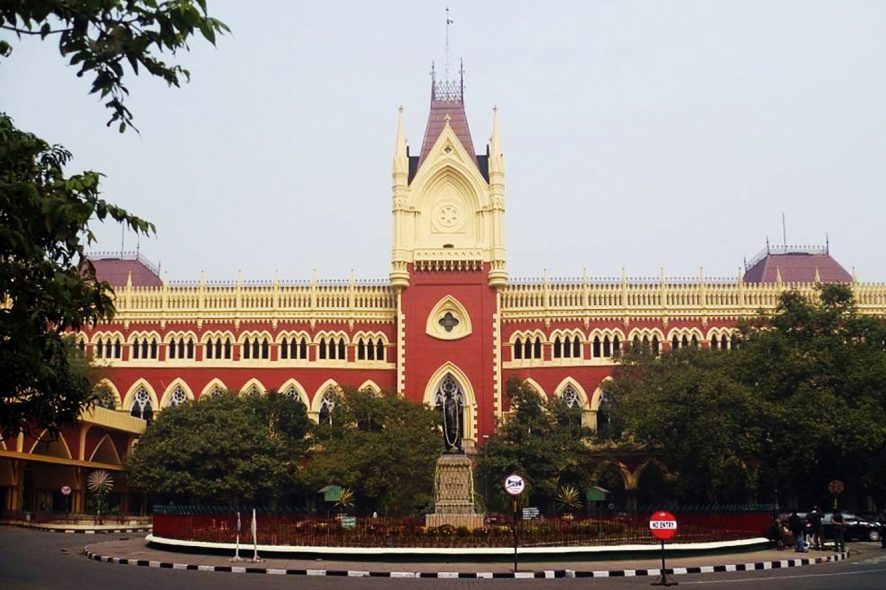Calcutta High Court: Bibek Chaudhuri J. allowed an appeal challenging the judgment whereby a gift deed was held as void and donee of the deed were restrained from claiming the title in the gifted property.
Respondents herein were the plaintiffs in a suit filed for setting aside of a gift deed vide which the suit property had allegedly been transferred to the petitioners herein (defendants in suit). Respondents also sought a permanent injunction restraining petitioners from claiming title over the suit property. The trial court ruled in favor of the petitioner-defendants and dismissed the suit. However, the appeal filed against the said judgment was allowed and the suit was decreed in favour of respondent-plaintiffs. Aggrieved thereby, this second appeal was filed.
Counsels for the appellant Bholanath Mukherjee and Mukteswar Maity submitted that though the plaintiff’s had originally contended that the donor (mother) of the deed was not in full sense while executing the deed. However, a prosecution witness in cross-examination stated that her mother was under the care of the defendants and that she did not know if the gift deed passed by her mother was unintentional. Further, she also admitted to the execution of the deed of gift in favor of the defendants thus demolished all chances of a fake deed. It was further contended that the plaintiff failed to provide any evidence to support their charge, and according to Section 102 of the Evidence Act, 1872 the burden of proof in a suit or proceeding lies on the person who would fail if no evidence at all were given on either side. He further contended that since the respondents had imposed the allegations of fraud against the appellants, the burden of proof was on them to prove the negative.
Counsels for the respondent Ashish Sanyal and Pratip Kumar Chatterjee contended that since the mother used to live with the appellants they were in a position to dominate, and the onus of proof may be reversed in a case of undue influence and misrepresentation. He further submitted that the acceptance to a deed of a gift must be made by the donee while the donor is still alive. Respondents raised serious doubt over the authenticity of the gift deed because of the fact that it was registered after the death of the donor.
The Court opined that it is not necessary for the validity of a gift deed that it should be registered by the donor himself, and subsequent registration of a deed of gift after the death of the donor at the instance of the donee does not offend Section 123 of the Transfer of Property Act, 1882. It was observed that the burden of proof may be reversed if the transaction appears to be unconscionable, but the same could not be proved in the present case. Thus, the appeal was allowed and the decision of the trial court was restored.[Dinabandhu Mondal v. Laxmi Rani Mondal, 2019 SCC OnLine Cal 1118, decided on 17-06-2019]







Thanks for sharing this wonderful article with us. It’s really helped me to understand more about Gift Deed